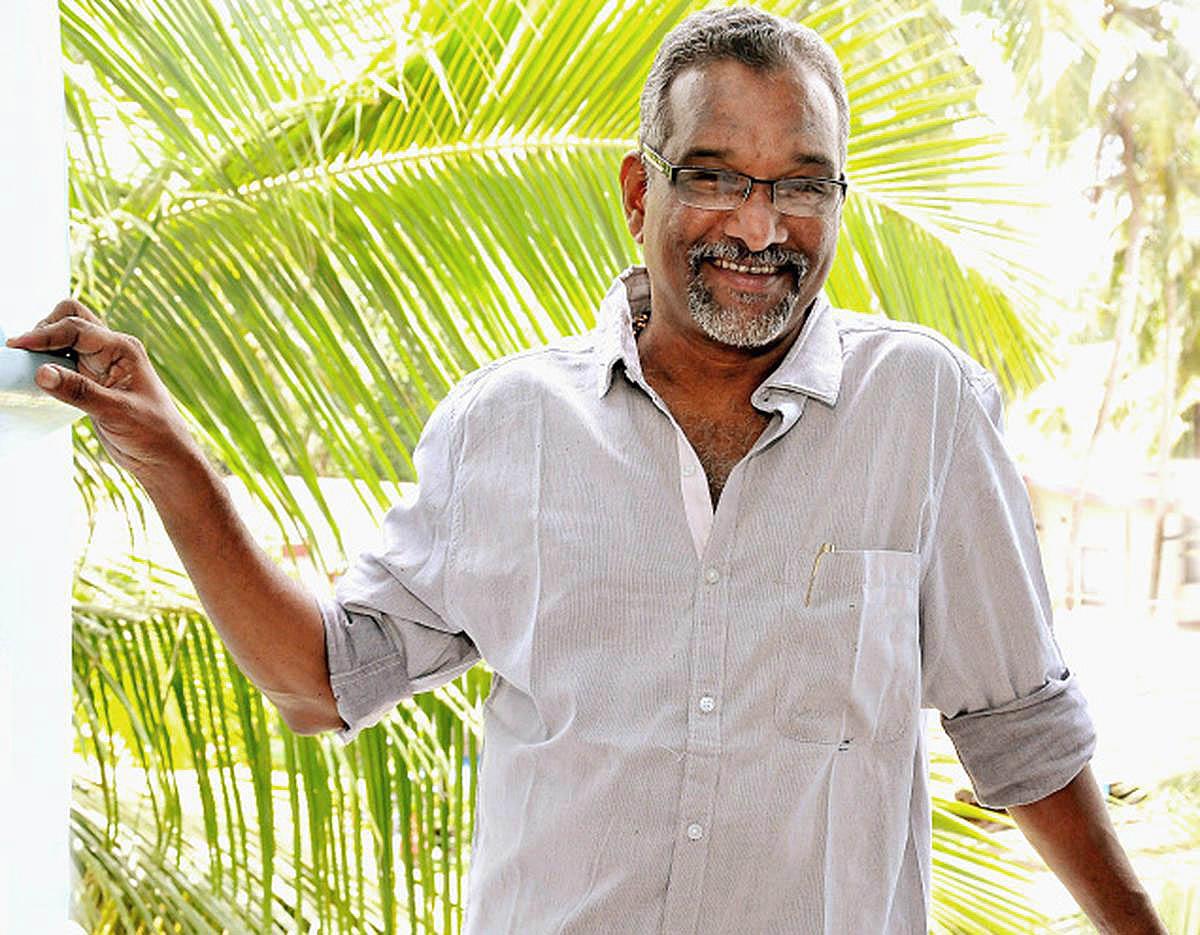Rajeevan excelled in historical fiction and his most popular work was superbly crafted as a murder mystery
Rajeevan excelled in historical fiction and his most popular work was superbly crafted as a murder mystery
When writer C.V. Balakrishnan paid a visit to T.P. Rajeevan at an Ayurveda hospital in Thrissur a few years ago, he was a bit surprised to find the patient’s room crowded with books. The books, Mr. Balakrishnan recalls, were of varied types, including non-fiction. And most of them were in English.
Rajeevan, who died at a private hospital late on Wednesday night aged 63, was a writer of fiction and poetry. And he wrote in Malayalam and English. Not many authors have done it as well as Rajeevan did.
There haven’t been too many contemporary writers who excelled at historical fiction, either. His best known work is about the murder of a young woman at Palery, the village where Rajeevan was born, in the 1950s. The 2009 novel, Paleri Manikyam: Oru Pathira Kolapathakathinte Katha, wasn’t just well researched – as those books Mr. Balakrishnan saw at the hospital testify – but superbly crafted as a murder mystery as well.
Novel, film excel
The novel was an instant hit. Director Ranjith adapted it beautifully for a film, in which Mammootty came up with a brilliant performance in multiple roles.
Ranjith had made one significant change to the plot. “I liked it,” Rajeevan had once told this correspondent. “I might use it for my English translation of the novel.” Ranjith turned into film Rajeevan’s other historical novel K.T.N. Kottoor: Ezhuthum Jeevithavum. The film was titled Njaan and it gave glimpses of the calibre of a young Dulquer Salmaan.
Social commentary too
“I really enjoyed reading Paleri Manikyam...,” Mr. Balakrishnan tells The Hindu over phone. “It remains one of the quality mystery novels in Malayalam. It was an excellent social commentary too.”
Mr. Balakrishnan, the author of novels like Ayussinte Pusthakam and Kamamohitham, says he had great respect for Rajeevan as a bilingual author. “I used to read his English columns, too,” he says. “Though I am not a great fan of modern and post-modern poetry, I found that Rajeevan’s poems had depth.”






